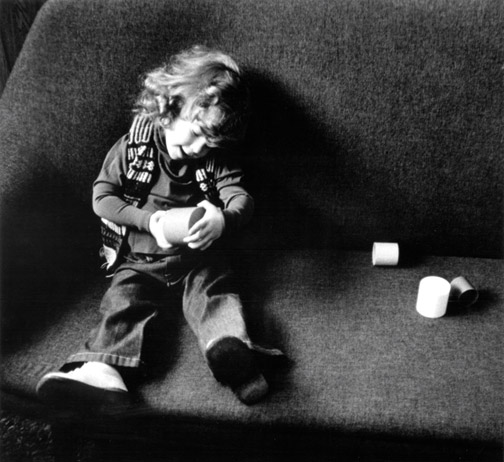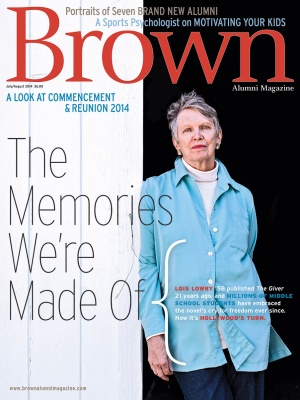BAM How did your childhood influence your decision to study biomedical ethics?

BAM The Centers for
Disease Control and Prevention estimate that one in sixty-eight
children has autism, a 30 percent increase over two years. To what do
you attribute that rise?
KAUFMAN I don’t believe
increased diagnosis explains all of it. When I was younger it was rare
to see someone with autism. Now I see it on a daily basis.
BAM As you know, some parents believe there is a correlation between vaccines and autism.
KAUFMAN I don’t want to
spend my energy in virulent political debates such as whether vaccines
cause autism. It appears there can be an individual environmental
trigger where many children lose their language skills and develop
differently. Children with autism often have weak or malfunctioning
immune systems. However, I don’t think that is a result of autism.
BAM How do you respond to critics who say you must have been misdiagnosed?
KAUFMAN When someone
recovers from cancer, people don’t say they must never have had it in
the first place. Apparently we are willing to take one of the most
deadly illnesses in the world and accept that people can recover, but
when faced with a three-year-old with autism we are unable to accept
anything other than a life sentence. The autism field is the opposite
of science: specialists begin with a conclusion about what these
children are capable of instead of seeing what actually works best. I
was the first kid to recover from autism but I’m far from the last.
BAM Was it critical that your parents intervened when you were a toddler?
KAUFMAN It’s never too
late: there is no magic window that closes after which the brain is
incapable of growth and change. One guy who was institutionalized for
the first thirty-three years of his life made little eye contact and
only said a few words. He didn’t fully recover. However, his mother
learned our program, and eighteen months later he was making eye
contact most of the time, speaking in full sentences, and rarely doing
repetitive behavior.
—Interview by Denise Dowling





